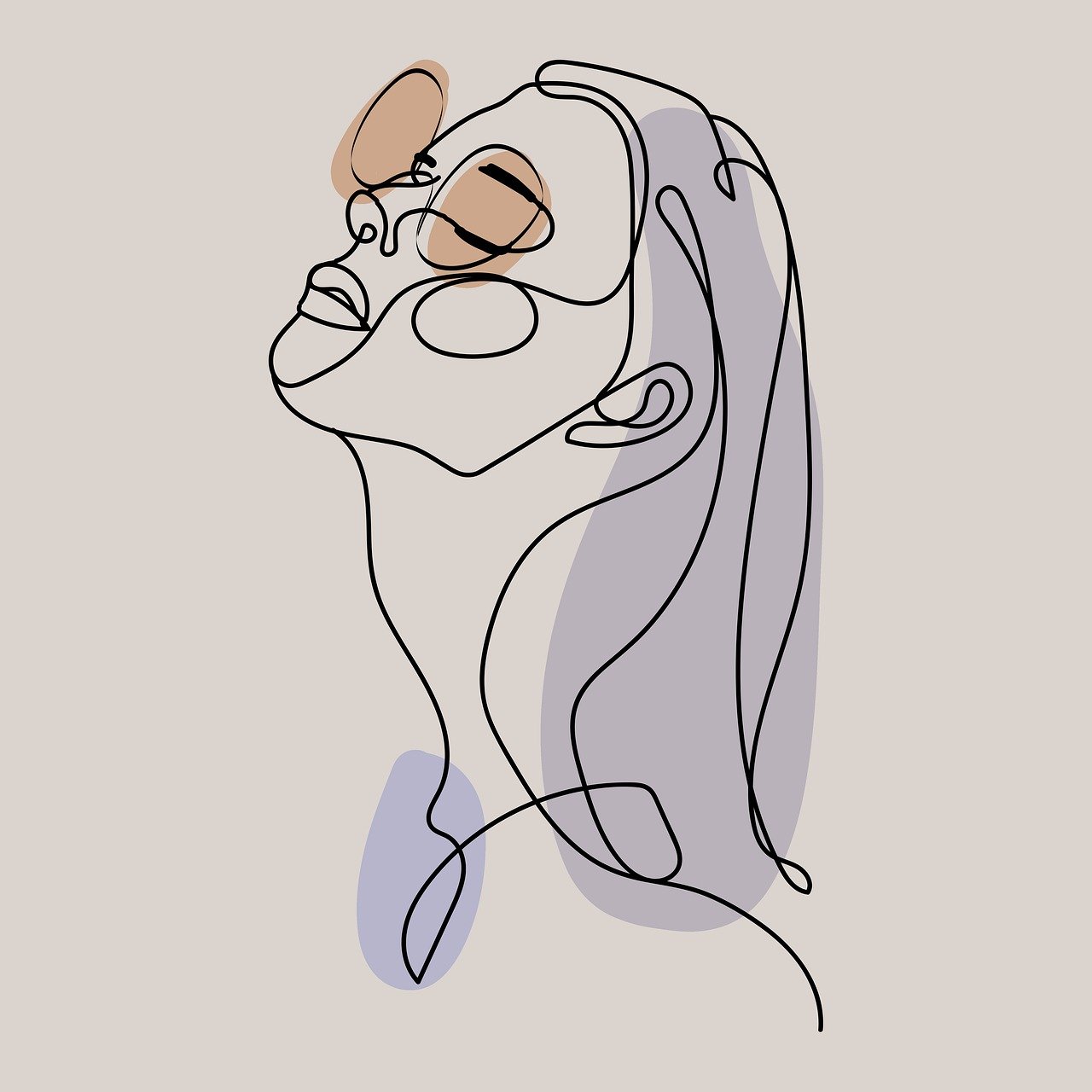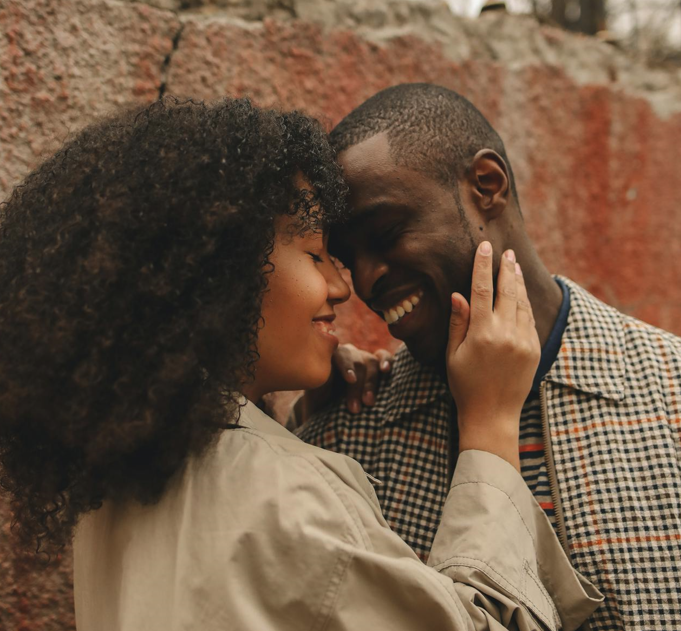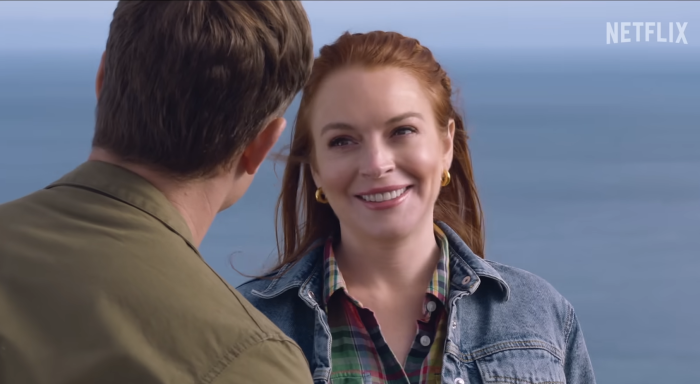|
|
18 - The magic, spiritual number. ONE - The ONENESS that is ALL. All there ever was; All there ever is; All there will ever BE! (8) INFINITY - The ETERNAL PRESENT Moment. Eternity; Forever! That which was never born; never dies!
|
I believe God wants you to know ... ... that you can
train your mind to respond to 'incoming data' without fear. All you have to do
is remember who you are, and that there is never a
moment when you do not have God on your
side. So step into
tomorrow without apprehension, and do not waste your time
with worry. Rather, fill your time with creative
thinking about how to move forward, no matter what happens. |
|
We are not our
decisions, and no decision is wrong because we made the choice with the
information at hand. Our perception of the traits and
characteristics that make us who we are is often tightly intertwined with how
we live our life. We define ourselves in terms of the roles we adopt, our
actions and inactions, our triumphs, and what we think are failures. As a
result, it is easy to identify so strongly with a decision that has resulted
in unexpected negative consequences that we actually become that “wrong”
decision. The disappointment and shame we feel when we make what we perceive
as a mistake grows until it becomes a dominant part of our identities. We
rationalize our “poor” decisions by labeling ourselves incompetent
decision-makers. However, your true identity cannot be defined by your
choices. Your essence — what makes you a unique entity — exists independently
of your decision-making process. There are no true right or wrong decisions.
All decisions contribute to your development and are an integral part of your
evolving existence, yet they are still separate from the self. A decision
that does not result in its intended outcome is in no way an illustration of
character. Still, it can have dire effects on our ability to trust ourselves
and our self-esteem. You can avoid becoming your decisions by affirming that
a “bad decision” was just an experience, and next time, you can choose
differently. Try to avoid lingering in the past and mulling over the
circumstances that led to your perceived error in judgment. Instead, adapt to
the new circumstances you must face by considering how you can use your
intelligence, inner strength, and intuition to aid you in moving forward more
mindfully. Try not to entirely avoid thinking about the choices you have
made, but reflect on the consequences of your decision from a rational,
rather than an emotional standpoint. Strive to understand why you made the
choice you did, forgive yourself, and then move forward. A perceived mistake becomes a valuable
learning experience and is, in essence, a gift to learn and grow from. You
are not a bad person, and you are not your decisions. You are simply human. |

{*Did you know you can write on Elephant? Here’s how—big changes: How to Write & Make Money or at least Be of Benefit on Elephant. ~ Waylon}
~
But here’s my dirty little secret:
I’m not so keen on the use of the word “healing.”
Don’t get me wrong. There are things, such as trauma or illness, that do require healing.
But I’ve noticed that in the personal development world, people often engage with the latest modalities, be it breath work, ayahuasca, yoga, ice baths, meditation, affirmations, and so on, all in a continuous attempt to “heal” what they think is wrong with them.
And this isn’t actually healing. It’s actually something else.
Sometimes what we label as “bad” is simply what it is to be human.
As an example, I was having a coffee with a friend the other day, and she was telling me that she was feeling jealous and that she needed to “heal” this part of her.
And as she was sharing this, all I could think of was how normal and beautifully human it is to sometimes be jealous.
I wonder if the impulse to constantly “heal” ourselves has roots in puritanism. Maybe we’ve replaced original sin with the so-called crime of experiencing unfavourable emotions.
So in my therapy and coaching practice, we use the word “healing” when it’s appropriate.
And we use the word “growing” for everything else.
Growing doesn’t imply there’s something inside of you that needs to be fixed, purified, or gotten rid of.
Growing is the process of developing into the most expansive version of yourself.
Growing is knowing that every single part of you, even the ones you don’t like, are currently serving a role, purpose, and function.
Growing is having compassion toward yourself when you mess up, or have strong emotional reactions, or aren’t all “light and love” all the time.
Growing is knowing that feeling angry, scared, down, anxious, jealous, avoidant, or unmotivated is simply part of what it is to be human, and there’s nothing wrong with you if you experience these things.
What I’ve found is that when we can get to a place where we accept our messy humanness, and simultaneously let ourselves be led by our desire to develop and grow, that’s when we’re able to walk the incredible path of personal transformation.
So maybe you don’t need to keep “healing.”
Maybe instead, all you need to do is embrace your humanness and commit yourself to growing into the human that you came on to this planet to be.
~

Dr. Sarah Coxon PhD is a trauma-trained somatic coach, mentor and educator. She´s also the founder of The Regenerative Alchemy™ Somatic Coach Training, a professional n… Read full bio

{*Did you know you can write on Elephant? Here’s how—big changes: How to Write & Make Money or at least Be of Benefit on Elephant. ~ Waylon}
~
Does your partner “get” you—and vice versa?
Do they instinctively seem to know what you’re trying to express, no matter how silly or foolish it might seem to anyone else? Can they put their hand on their heart, look you in the eye, and say “I hear you”—not just your words but, much more importantly, the feelings that are behind them?
That could only be because they feel, or have felt, something similar, and this shows that you share the same basic values and a similar way of looking at the world, and that you’ll find the same kinds of things funny, interesting, and important.
This is the foundation of any close relationship, and without it there’s little chance it will survive and thrive, no matter how strong the sexual chemistry might have been to start with.
When there is mutual understanding, trust can be built because both people feel they “know” what the other is going through. They can also have a reasonable expectation of what the other will do, and how they will feel in a particular situation. And for a relationship to last that matters a lot.
More than anything else, mutual trust and understanding create the fertile ground in which the shared flower of love can grow. Without those things, there will always be anxiety about whether the relationship has a future—which can be ignored as part of “trying to make it work” but is an insecure base on which to build a future together and will probably end up with mutual recriminations and disappointment.
If underlying insecurities in a relationship aren’t addressed, it can result in “settling,” which is what happens when one or both partners convert the disappointment they feel into a fatalistic acceptance bordering on self-punishment, believing that having made their bed with this particular person, they have no choice but to lie in it with them.
This is an unnecessary betrayal of the gift of love that is out there for all of us to find and grow with the right person. Because there is a “right-enough” person for all of us somewhere, although it may take time to find them.
The key step is to be clear about the difference between the fantasy partner we think we want, and someone who would actually be good for us. And if fate makes us wait to meet someone who is the real deal for us, it’s better to be alone and stay true to ourselves—which also increases the chance of us meeting the right kind of person—than to distort our heart to fit in with someone out of insecurity.
The fact is, if we feel that we have to be in a relationship, it’s a sign that we need to learn how to be happy by ourselves, because this is the best way to be ready for real intimacy.
People have all kinds of different values and ways of looking at the world. In the search for love, the aim is not finding the “best” partner—whatever that might mean—but connecting with someone who is on your wavelength.
If and when you find them, remember to appreciate how precious that sense of commonalty is. You’ve won the love lottery! Don’t spoil it with any foolish notions that there might be someone else better for you than the person you’ve been lucky enough to find.
~
This account does not have permission to comment on Elephant Journal.
Contact support with questions.

Steve Garrett is a Wales-based educator, writer, poet, and musician. He is passionate about gender equality and runs mental health and non-violence workshops for men. Steve ha… Read full bio

{*Did you know you can write on Elephant? Here’s how—big changes: How to Write & Make Money or at least Be of Benefit on Elephant. ~ Waylon}
~
This weekend, I watched Lindsay Lohan’s latest Netflix movie “Irish Wish,” and while it’s no Oscar contender, it was a fun story and had a message I found quite stirring about the difference between wishing for something versus discovering our highest destiny.
The premise of the movie is as such:
Lohan’s character, Maddie, is a book editor travelling to Ireland for the wedding of her friend and best-selling author, Paul (who she has secretly been in love with but was too chicken to ever tell him). Visiting a magical altar, she makes a wish that she was marrying Paul and *ta-da* she wakes up in an alternate reality where, indeed, she is the bride.
But the question is this: is her wish truly what’s best for her?
From here on out, spoiler alert!
Maddie has a serious case of rose-coloured glasses when it comes to Paul, who is good looking, wealthy, and charming. Except he doesn’t really see her for who she is and has also been taking advantage of her as she practically wrote his last book that became a huge best-seller.
At first, Maddie is over the moon that her wish has come true, but slowly she starts to realise that this alternative life might not be in her highest interests when it comes to love, work, or her purpose.
What ensues is a comedy of errors where Maddie finally calls off the wedding at the altar and says to Paul and the guests:
“I just think that if you’re going to go through with something like this, like a wedding, and a marriage, and a life, that it should be with someone you love, not just someone you wish for.”
Sure, there is a sexy British photographer who is obviously set up to be the one she’s meant to be with, but I felt this message was about so much more than romantic love, for Maddie and for us as the audience.
It’s about the difference between wishing for the idea of something versus having clarity and pursuing what will actually make us thrive.
In the last 10 years, I’ve had so many of these experiences in different facets of my life, from romantic partners to friendship groups to my career.
When it came to applying for my graduate studies and choosing my career a few years ago, I was so sure that I wanted to go into theatre directing and acting. I was good at it and found a lot of creative fulfilment in it. However, it all came to a head when I decided to fly overseas and audition at three top drama schools in the U.K., a tough and highly competitive process. When I got three rejection letters back after putting so much effort into the process, I was crushed.
“How could the thing I wished for so badly not come true? How could the Universe do this to me?!” I thought.
Except, getting rejected forced me to look long and hard at my wish and whether I really loved theatre enough to keep pursuing it. After a lot of internal examination, as well as looking at the reality of working in that industry and what it takes to make it, my answer was no—I didn’t love it enough. I wished for it for a lot of reasons, but they weren’t good enough to make this my life’s career.
I ended up flying across the world again, this time to Australia, to get my master’s in journalism and pursue a creative path I’ve always wanted deep down: writing. These days, I couldn’t imagine doing anything different.
They say “be careful what you wish for” because our decisions can change the course of our lives.
Too often we can wish for things without taking the time to truly investigate whether something is really for our highest good, including investigating our own hearts.
Of course, we might need to go down a certain “wished for” path for a while to see the reality of it. But as Maddie said, we need to be intentional about our big life decisions and paths.
Throughout the movie, we can see how Maddie starts to sense a bigger destiny for herself—one that is beyond her wish—and that’s why she calls off the wedding. She senses her destiny as a writer, and not just an editor, a destiny with a partner who understands and respects her, a destiny where she stands up for herself and takes charge of her life.
And I think when we decide to move beyond looking at partners, careers, and life through a wishing lens, we can sense our own destinies too.
~
This account does not have permission to comment on Elephant Journal.
Contact support with questions.

Anthea van den Bergh is a mystical writer, poet and teacher on spirituality, womanhood and blossoming beyond trauma. Read her writing and take her meditation & writing wor… Read full bio
This account does not have permission to comment on Elephant Journal.
Contact support with questions.